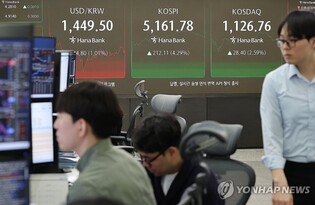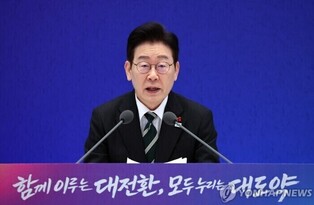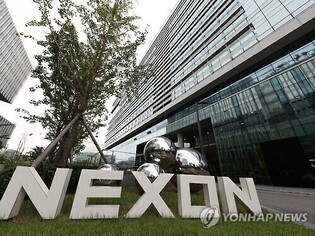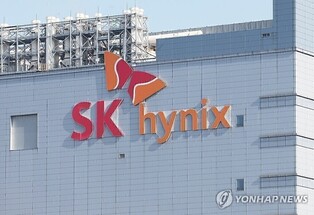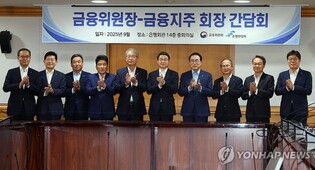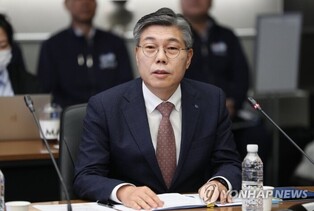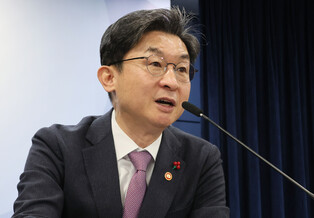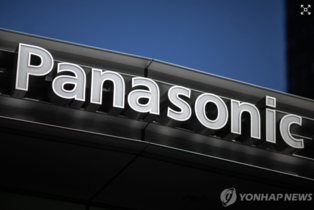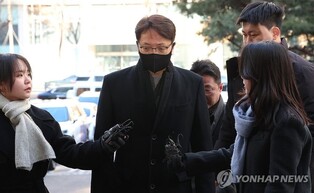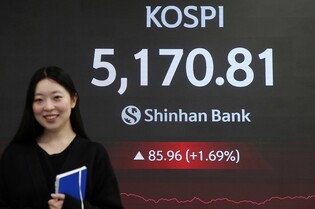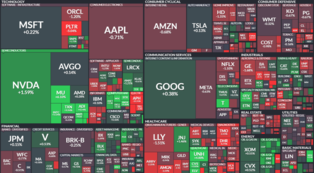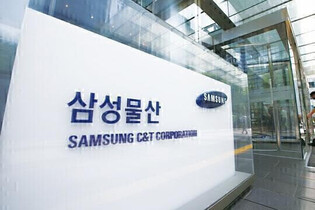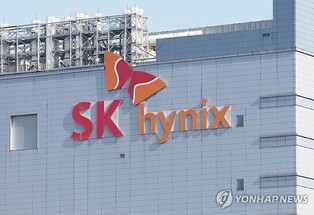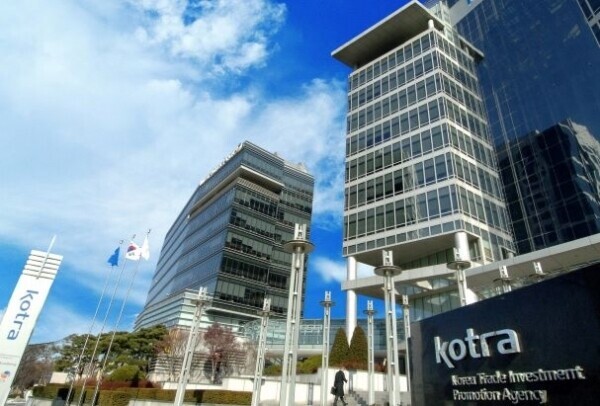 |
Photo = KOTRA |
[Alpha Biz= Kim Jisun] With the U.S. Department of Commerce’s national security review of pharmaceuticals under the Trump administration concluding on May 7, concerns about potential tariffs on imported drugs have intensified. Industry experts and government bodies in South Korea emphasize the need for domestic companies to develop proactive response strategies amid these developments.
The Ministry of Trade, Industry and Energy (MOTIE) and the Korea Trade-Investment Promotion Agency (KOTRA) held an online seminar on May 21 titled “The Changing U.S. Pharmaceutical Market in 2025: Risks and Opportunities.” The event aimed to enhance the capability of Korean companies to navigate policy changes including President Trump’s drug price reduction executive orders and tariff announcements.
Last month, former President Trump signed an executive order to reduce drug prices and improve accessibility for American consumers. On May 12, he signed an additional executive order introducing the Most Favored Nation (MFN) policy, mandating that prices paid under government support programs be the lowest among OECD countries.
KOTRA expects this to accelerate the launch of Korean biosimilar products in the U.S. and expand export opportunities.
However, uncertainties remain. KOTRA highlighted the ongoing monitoring of the U.S. Department of Commerce’s Section 232 national security investigation into imported pharmaceuticals and the National Security Commission on Emerging Biotechnology’s (NSCEB) focus on the impact of advanced biotech on national security.
Concerns over the heavy dependence on Chinese active pharmaceutical ingredients (APIs), accounting for 80% of imports, have raised prospects for re-legislation of the “Biosecurity Act,” which aims to promote regional supply chains and expand domestic production facilities.
At the seminar, Aprio Advisory Group, a specialized accounting firm in tariffs and customs, noted that the public comment period for the U.S. national security investigation ended May 7 and warned of potential tariff impositions within May, urging companies to seek preemptive strategies.
Legal consultancy Reed Smith, specializing in pharmaceuticals and biotech, stressed that beyond tariff policies, changes in FDA guidelines and a more conservative administrative approach require Korean companies to swiftly adapt to evolving regulations.
알파경제 Kim Jisun (stockmk2020@alphabiz.co.kr)




















